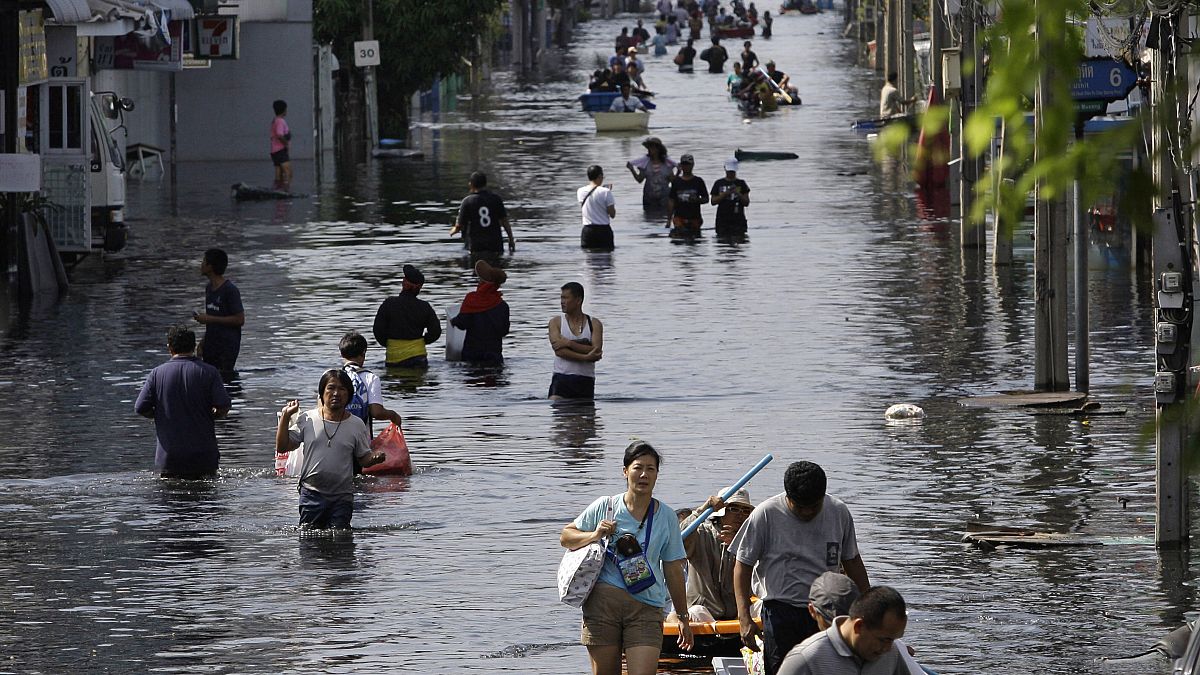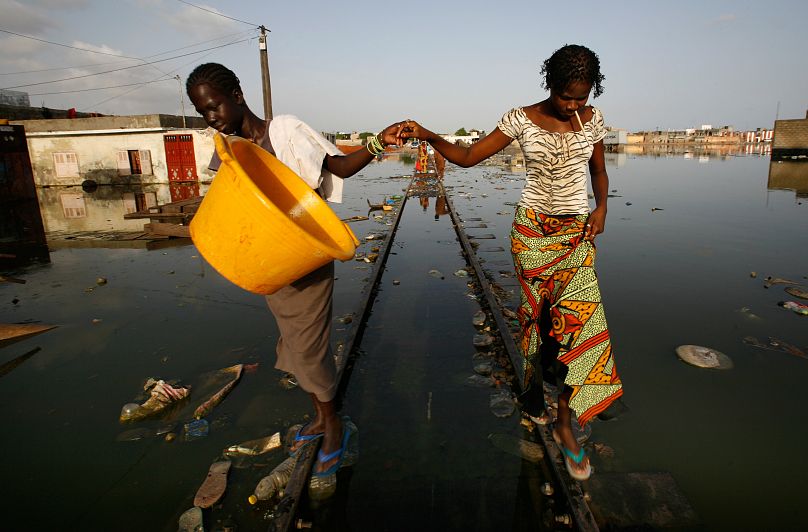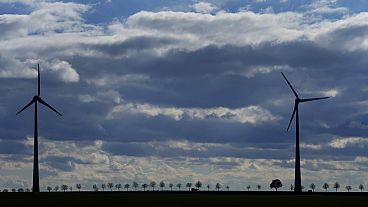More than 91 per cent of the 2 million deaths occurred in developing countries.
The number of extreme weather disasters driven by climate change has increased fivefold over the past 50 years, killing more than 2 million people.
Events such as floods and heatwaves have cost €3 trillion in total global losses, according to a UN agency.
The World Meteorological Organisation (WMO) says its new "Atlas" report is the most comprehensive review of mortality and economic losses from weather, water and climate extremes ever produced.
It surveys some 11,000 disasters occurring between 1979-2019, including major catastrophes such as Ethiopia's 1983 drought, which was the single most fatal event with 300,000 deaths, and Hurricane Katrina in 2005 that was the most costly, with losses of €138.5 billion.
The report shows an accelerating trend, with the number of disasters increasing by nearly five times from the 1970s to the most recent decade, indicating that extreme weather events are becoming more frequent due to global warming.
The WMO attributes the growing frequency to both climate change and improved disaster reporting.
Costs from the events also surged from €148.4 billion in the 1970s to €1.16 trillion in the 2010s when storms such as Harvey, Maria and Irma ripped through the United States.
"Economic losses are mounting as exposure increases," says WMO Secretary-General, Petteri Taalas, in a foreword.
But while hazards have become more costly and frequent, the annual death toll has fallen from more than 50,000 in the 1970s to around 18,000 in the 2010s, suggesting that better planning was paying off.
"Improved multi-hazard early warning systems have led to a significant reduction in mortality," Taalas adds.
More than 91 per cent of the 2 million deaths occurred in developing countries, according to the report, which notes that only half of the WMO's 193 members have multi-hazard early warning systems.
"Severe gaps" in weather observations, especially in Africa, are also undermining the accuracy of these early warning systems.
The WMO hopes the report, which gives a detailed regional breakdown, will be used to help governments develop policies to better protect people and planet.




